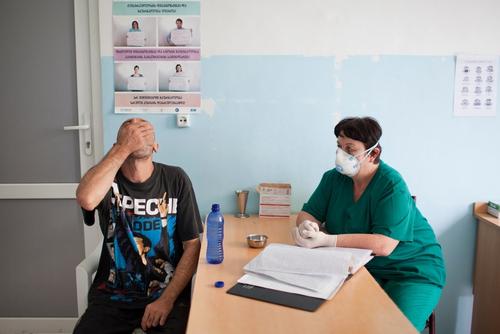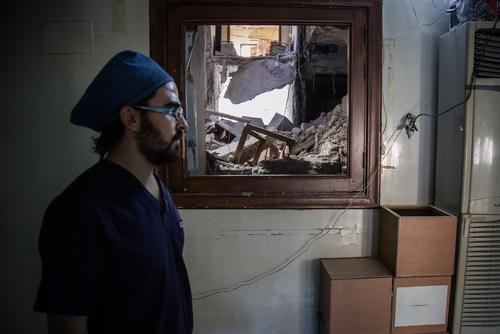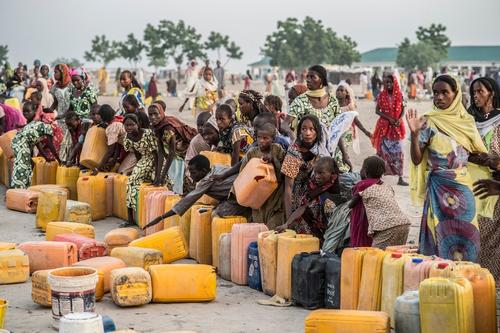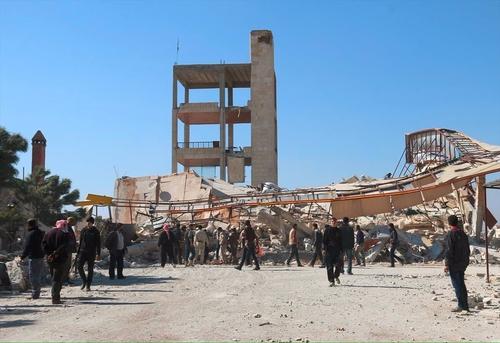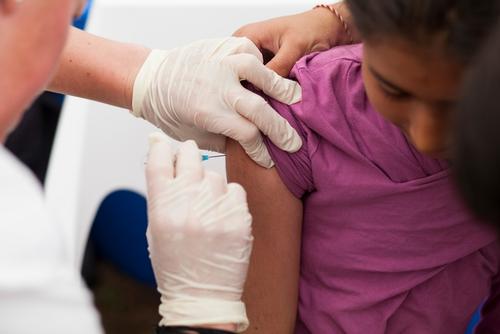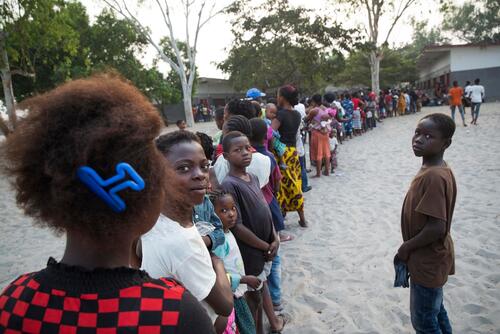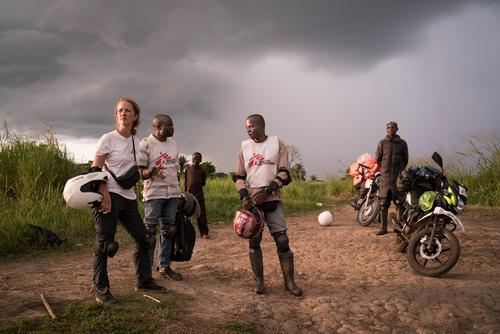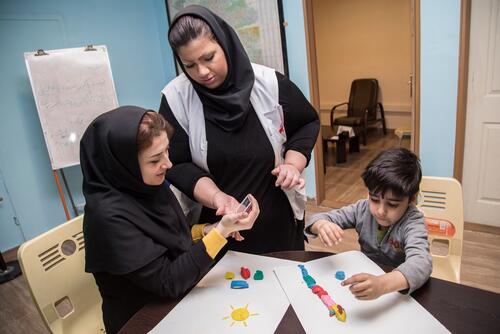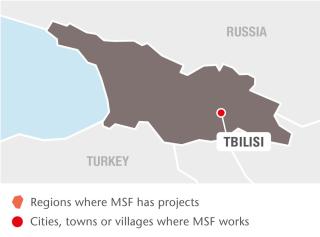
160
16
Multidrug-resistant tuberculosis (MDR-TB) is a major public health issue in Georgia: 12 per cent of all new patients and 39 per cent of those who have previously been treated for TB have a multidrug-resistant form of the disease. Approximately 10 per cent of MDR-TB patients have extensively drug-resistant TB (XDR-TB). Current treatment outcomes for these patients are poor, notably because of the length, complexity and toxicity of existing regimens.
MSF started supporting the Ministry of Health in the implementation of the new drugs in 2014, and continued within the framework of the endTB programme from 2015. The latter is a partnership between MSF and Partners in Health and Innovative Research and Development, which aims to find shorter, less toxic and more effective treatments for drug-resistant TB (DR-TB), through access to new drugs, clinical trials and advocacy at country and global level.
At the end of 2016, an MSF team supported the treatment of 180 patients who had started on regimens including new TB drugs, and was preparing the launch of a clinical trial in Georgia. The trial involves a shorter regimen (nine months instead of two years) based on the two new drugs, which are taken orally.
In Abkhazia, MSF continues to support AMRA, a local NGO created by former MSF employees that runs a health programme for 35 elderly people, as well as counselling and social activities for 40 DR-TB patients. This year, MSF also arranged the transportation of more than 450 TB sputum samples for drug-sensitivity tests in Tbilisi.



